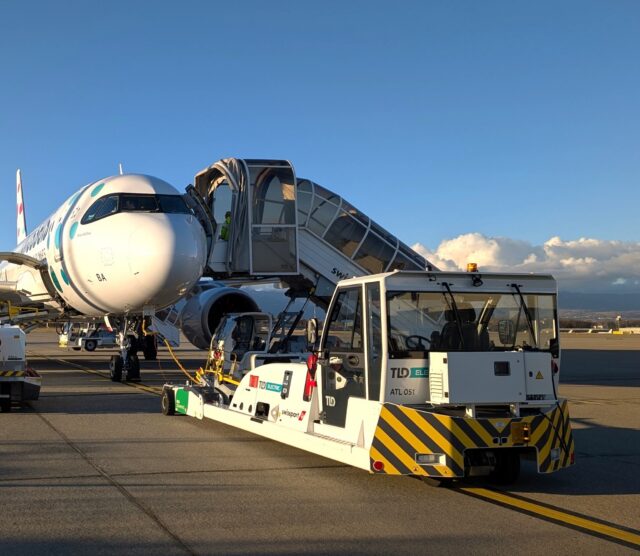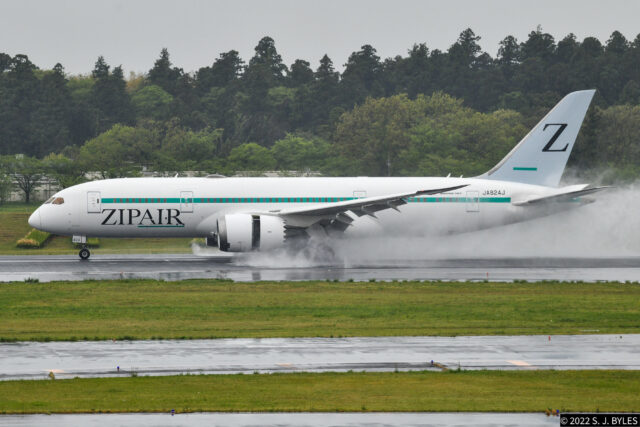
Gulfstream has successfully completed ground emissions testing on the new Gulfstream G700 using 100% sustainable aviation fuel (SAF).
Powered by Rolls-Royce Pearl 700 engines, the G700 emissions tests measured the impact of several fuel types, including a 30/70 SAF blend and neat SAF (a fully non-fossil-based aviation fuel). The preliminary findings will help guide the business aviation industry’s efforts to further reduce its climate impact.
The testing took place at Gulfstream’s Savannah facility, utilising 100% SAF supplied by World Energy and delivered by World Fuel Services.
During the weeklong testing, specialised instruments from the Federal Aviation Administration (FAA), NASA, Aerodyne Research, and Missouri University of Science and Technology (Missouri S&T) captured detailed data on gaseous and particle emissions.
The primary goal was to assess the environmental characteristics of various fuels, with a focus on 100% SAF, which is free of sulphur and aromatic compounds. Initial results revealed minimal to no sulphur contamination and reduced greenhouse gas emissions, suggesting that neat SAF could significantly improve air quality around airports and potentially lower condensation trail formation.
“Gulfstream has a rich history of innovating for sustainable aviation dating back to 2004 with the first ISO certification for our Savannah facility,” said Mark Burns, president, Gulfstream.
“Our journey continues today as we work to enhance our understanding of fuel properties and their environmental characteristics to assess business aviation’s impact on the climate, chart the path forward in decreasing that impact and lead the industry in driving its sustainable aviation goals.”
“We’d like to extend a big thank you to our partners — the FAA, NASA, Aerodyne Research, Missouri S&T, Rolls-Royce, World Energy and World Fuel Services — without which none of this research could have been possible,” added Burns.
“These partners are key to our ongoing success and the success of the entire industry in continuing to innovate and drive positive environmental change for business aviation.”
















